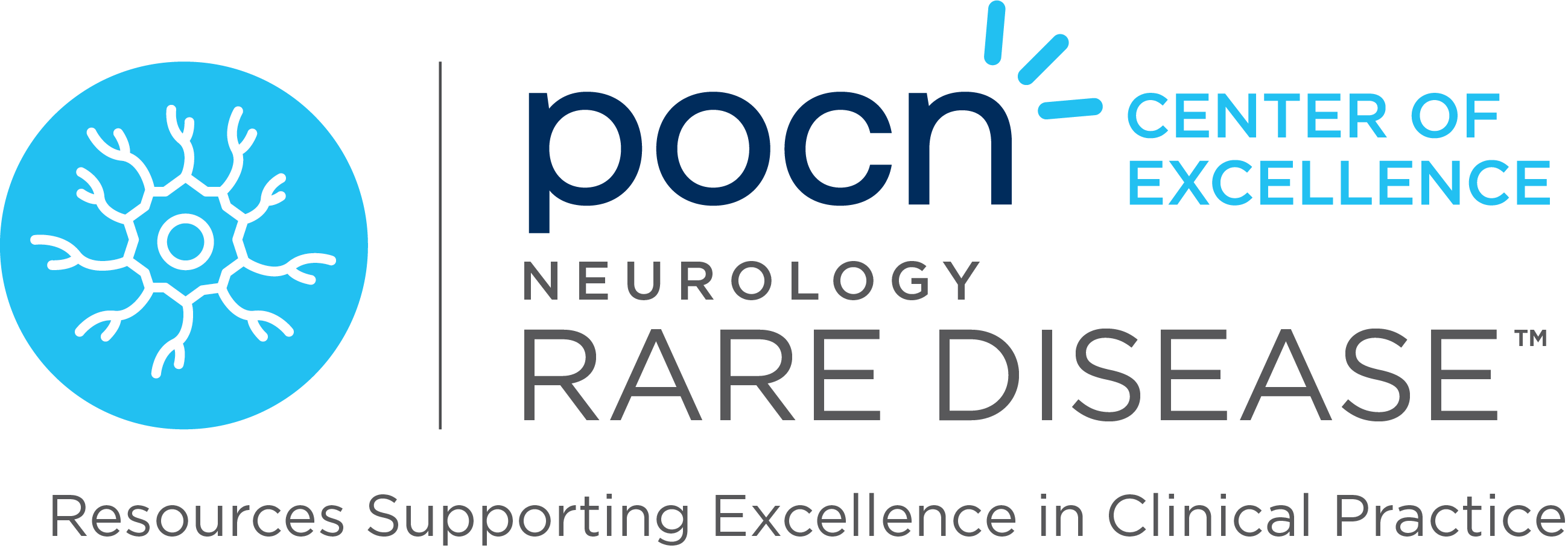Hereditary transthyretin (ATTRv) amyloidosis is a rare, inherited disease marked by rapid progression and severe, often fatal symptoms due to the accumulation of amyloid deposits in multiple organs, including nerves, the heart, and the gastrointestinal tract. This condition leads to a range of debilitating symptoms, including sensory, motor, and autonomic neuropathy, as well as cardiomyopathy, significantly impacting a patient’s quality of life (QOL) and physical function. The prognosis for untreated patients is poor, with a median survival of only a few years.
The HELIOS-A study evaluated vutrisiran, an RNAi therapeutic, over 18 months in patients with ATTRv amyloidosis with polyneuropathy. The results showed that vutrisiran significantly improved QOL, physical function, and nutritional status compared to an external placebo group. Patients treated with vutrisiran experienced stabilization or improvement in these measures, contrasting with the expected decline observed in untreated individuals. These findings highlight the importance of early intervention in managing ATTRv amyloidosis and support the efficacy of RNAi therapeutics like vutrisiran in improving patient outcomes.
Reference: Obici L, Ajroud-Driss S, Lin KP, et al. Impact of Vutrisiran on Quality of Life and Physical Function in Patients with Hereditary Transthyretin-Mediated Amyloidosis with Polyneuropathy. Neurol Ther. 2023 Oct;12(5):1759-1775. doi: 10.1007/s40120-023-00522-4. Epub 2023 Jul 31. PMID: 37523143; PMCID: PMC10444729.



